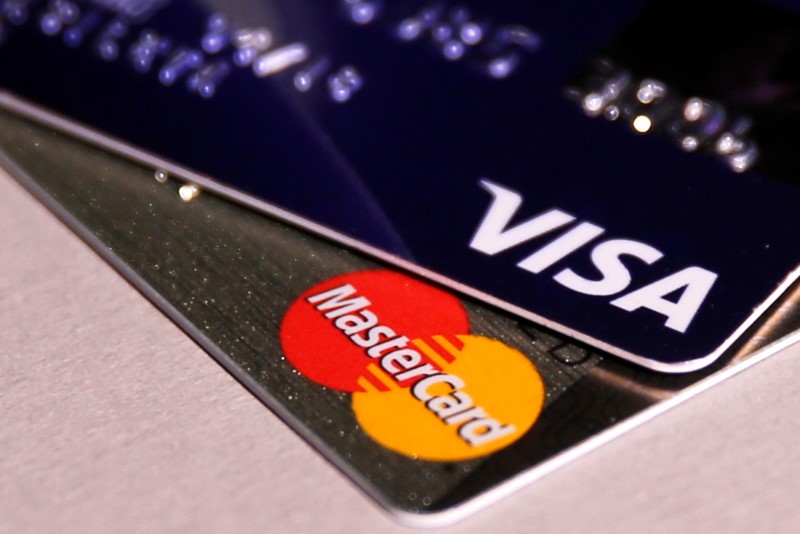By Lawrence Hurley
WASHINGTON (Reuters) - The U.S. Supreme Court on Thursday gave the green light to class action lawsuits by consumers accusing Visa Inc (N:V), Mastercard Inc (N:MA) and several U.S. banks of conspiring to inflate the prices of ATM access fees in violation of antitrust law.
The justices dismissed two related cases they earlier had agreed to hear in which the companies had sought to overturn an August 2015 ruling by the U.S. Court of Appeals for the District of Columbia Circuit that had revived the three lawsuits.
The justices had been scheduled to hear oral arguments on Dec. 7. In the order, the court said the cases were dismissed because the companies had changed their legal arguments after the justices agreed to hear the dispute. The court frowns upon such practices.
The appeals court ruled that a district court had erred when it concluded that consumers had no legal standing to sue and had not adequately alleged antitrust violations. It remanded the three consolidated lawsuits to the district court for further proceedings.
The lawsuits accused Visa and MasterCard of adopting rules protecting themselves from competition with lower-cost ATM networks. The rules blocked ATM operators from charging less when ATM transactions were processed by networks competing with Visa and Mastercard, the lawsuits said.
The rules also benefited major banks, which were equity shareholders of Visa and Mastercard, the lawsuits said.
The lawsuits seek damages for consumers and ATM operators for violations of antitrust law.
Also named as defendants in the lawsuits were Bank of America Corp (N:BAC), JPMorgan Chase & Co (N:JPM) and Wells Fargo & Co (N:WFC). The lawsuits said that the banks controlled Visa and MasterCard and set higher ATM charges before the credit card companies went public in 2008 and 2006, respectively.
